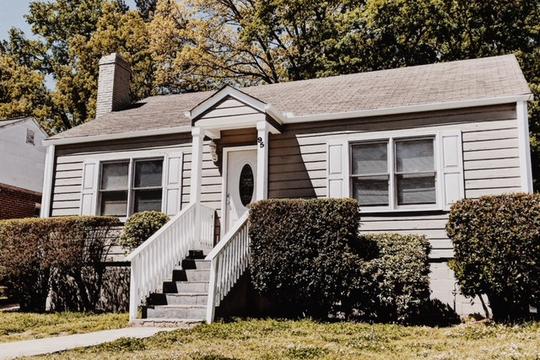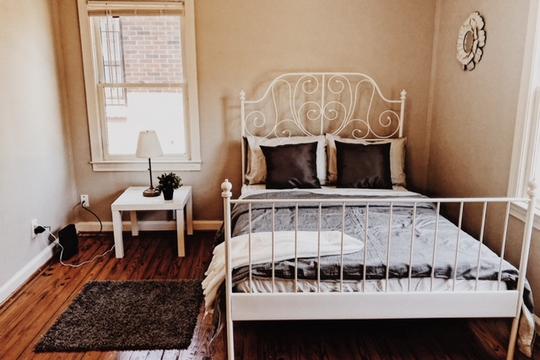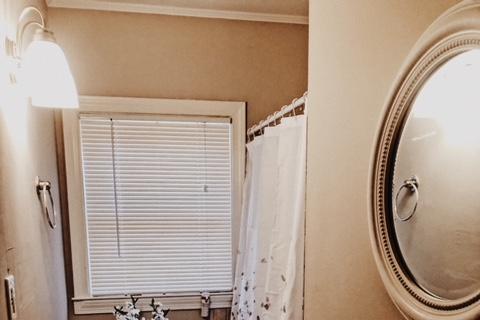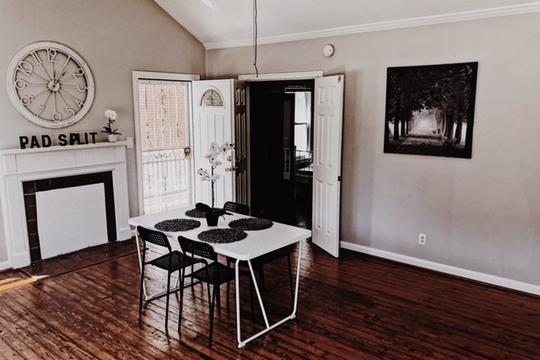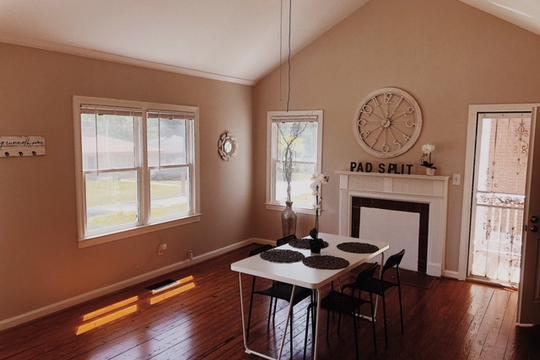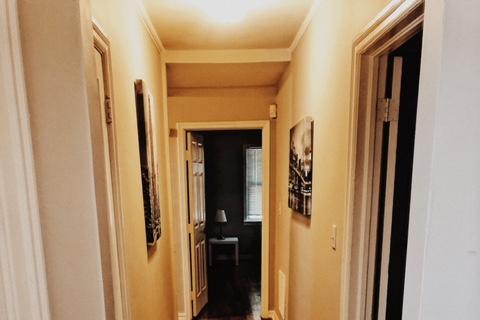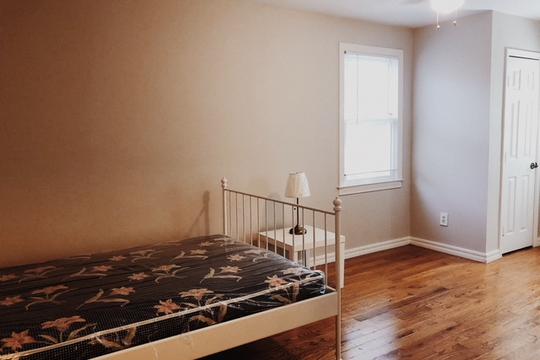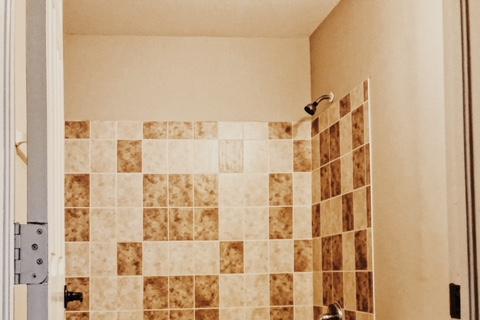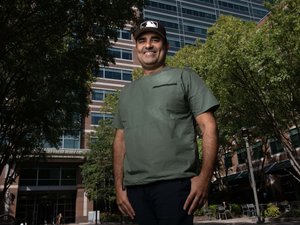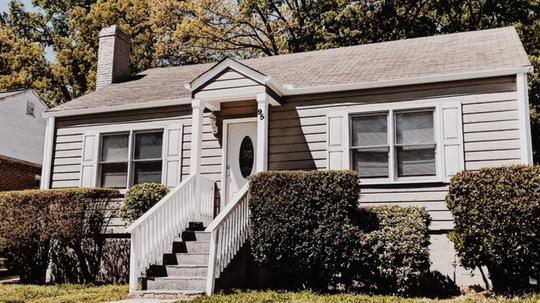
Editor's note: This story has been edited to reflect that the city of Atlanta has created 75,000 jobs per year over the last 5 years compared to 30,000 housing units per year.
PadSplit, an Atlanta-based affordable housing tech startup, wants everyone to have a clean, respectable and safe place to live that doesn't break the bank either, according to founder Atticus LeBlanc.
"We are literally on a mission to change the world, one room at a time," he said.
LeBlanc started his career in the housing industry as a real estate developer and investor in affordable housing. He said his 10 years in Atlanta real estate gave him a firsthand view of how broken the system was.
He said he saw landlords churn out properties with minimal insulation and little interest in energy efficiency. The burden of cost would fall on the tenants, who all too often can't afford it.
With PadSplit, LeBlanc said he reversed the burden of cost by demonstrating to property owners and landlords why creating good affordable housing was beneficial to them in the long-run. By establishing incentives for residents, property owners and cities with PadSplit, affordable housing could actually be profitable, he said. The startup was recently accepted into Techstars Atlanta Class of 2018, and is currently in the market for strategic partners for a seed round, LeBlanc said.
"If the landlord is actually paying the bill, they are much more motivated to tailor the costs of those utilities," he said. "I knew if we could make affordable housing profitable, we could make it possible."
The average residents of PadSplit properties save $360, LeBlanc said, and often are in dire need of affordable housing.
"By moving (residents) much closer to their work, we can charge a lot less for each room and still have a much higher gross income than what is available at strictly market rent," LeBlanc said.
Though PadSplit is based in Atlanta, the affordable housing crisis is nationwide. If someone is making minimum wage and an apartment owner is underwriting a tenant, the only apartments they would qualify for are in the $400-$500 range, which either don't exist or are in terrible condition, LeBlanc said. The only options for those people are renting a room in a hotel, living out of their car or finding limited subsidized housing, he said.
"That’s a problem in almost every market in the country, not just Atlanta," he said. "The bigger issue from a macro standpoint is in the last 5 years, Atlanta’s created 75,000 jobs per year compared to 30,000 housing units per year, and only a fraction of those are actually affordable."
Gallery
Unlike other co-living startups popping up around the country, LeBlanc said he wants his entire focus to remain on those who are in need of affordable housing, rather than catering to a millennial or co-living market.
"I would argue that we're serving the population that most needs housing period, full-stop, as opposed to people that need housing in a more convenient location, or want housing," he said.
Prior to getting into affordable housing and launching PadSplit, LeBlanc said he had no idea how many people were working full time jobs but were still homeless. The more he realized how fundamentally wrong that is and how he could help, the more he was driving to create PadSplit at scale.
"If I ever had a calling, this was it, and if I didn’t do it, it wasn’t going to get done," he said.
LeBlanc, who calls himself a "professional bear poker" and "responsible community developer," said what's fuled his passion for the work is the impacts PadSplits' first prototype units have made on his initial tenants.
"You can see very quickly the individual impact that this product was having on residents," he said. "(We) were saving money for people who were never able to save money before. And in some cases it was their income and the way the system was set up, it did not allow them to create savings."
One of PadSplit's tenants, a woman named Joannie, was a police officer who fell on hard times after being stabbed five times. She started work as a security guard at one of the universities in town, but couldn't find affordable housing, LeBlanc said.
"I was an eviction victim," Joannie said. "Before I moved into my own PadSplit, I was living with a friend in hers. About six weeks prior, I was sleeping in my car, whether at work or a closeby gas station. My friend referred me to PadSplit to get my own room. I’ve appreciated the thorough approval process because I knew it would remove some of the bad characters. I really appreciate the opportunity living here."
"Just the thought that she was brushing shoulders with wealthily doctors and professors, (and) the whole time she was sleeping in her car---that’s just wrong," LeBlanc said. "And the stories we hear like that every week is really the fuel that keeps us going."
